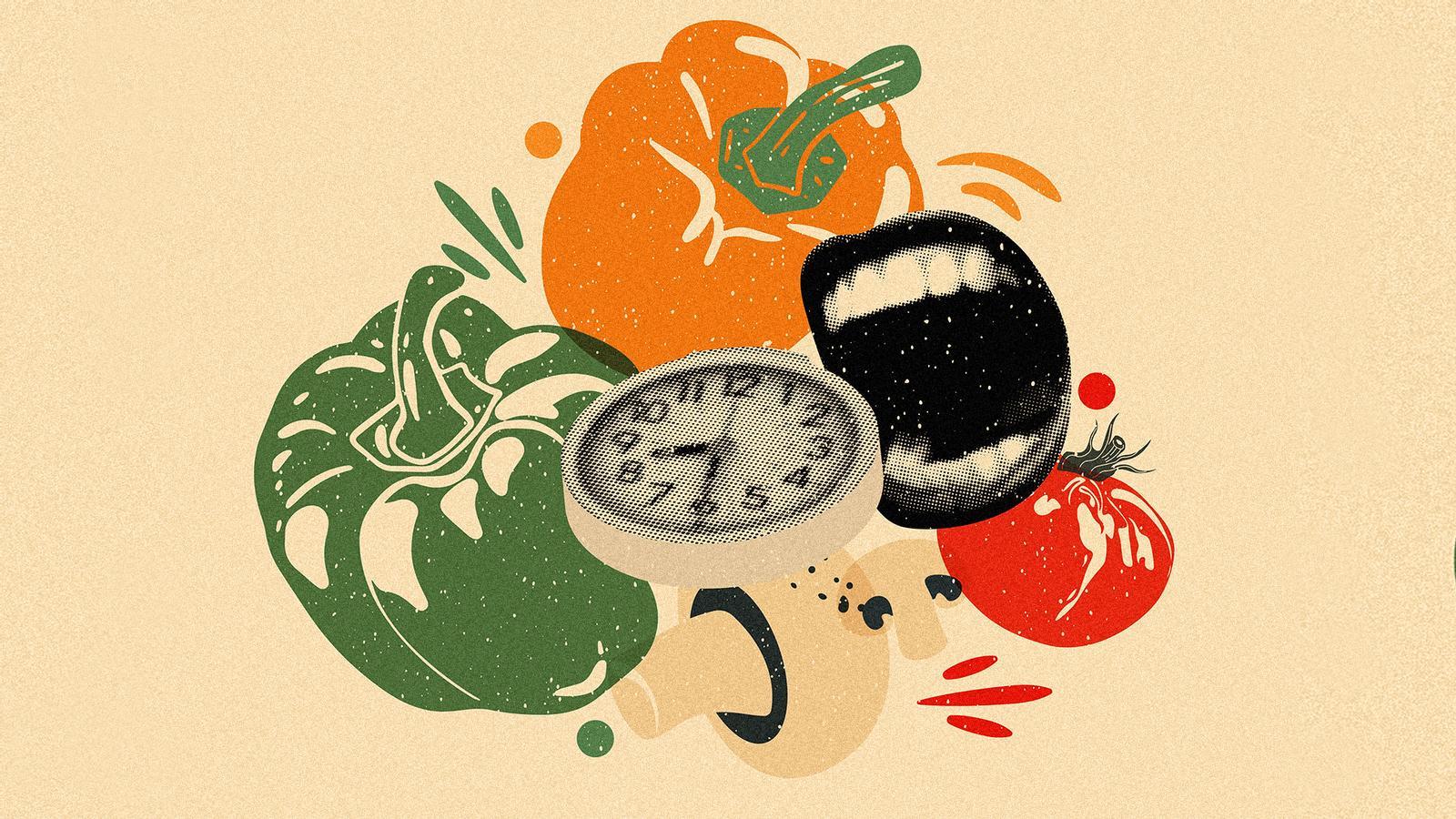Intermittent fasting, the popular weight loss method that isn't a diet
Experts warn that there is little scientific evidence and stress the importance of consulting a nutritionist.


BarcelonaThe current obsession with achieving perfect bodies cannot be understood without social media, which has been filled with workouts and miracle diets for losing weight and improving health. One of the methods that has gained popularity in recent years is intermittent fasting, promoted by celebrities and influencers as an almost magical solution for a healthier life. Although many people who follow it claim to have benefits, the reality is that the scientific evidence on this method is "limited and uncertain," explains nutritionist Mercè Gonzalo. Therefore, although some people achieve positive results with this method, Restricting caloric intake can carry risks depending on each individual's physiological situation, says Gonzalo.
There are various ways to do intermittent fasting, there is no single formula and what is "right" or "wrong" depends on each person's individual needs, says Gonzalo. Broadly speaking, intermittent fasting means lengthening the period of time in which you don't eat and keeping the eating window short. The most common way to do it is the 16-8 method, in which you fast for 16 hours and eat within an 8-hour window. So, a person following this method might get up and not eat anything until noon, and then eat until 8 p.m. Other variations involve eating only during the first 8 hours of the day, or there are even stricter methods such as one meal a day (OMAD), in which you eat only once a day.
Elena Roura, scientific director of the Alícia Foundation, the culinary research center, explains that there are others who fast one or two days a week, and eat all their meals the rest of the time. Regarding all the formulas, the expert emphasizes that each person will respond differently to this method and warns that, although it can provide benefits, there are also risks when you stop eating this way. For all these reasons, it is important to consult a nutritionist before starting any type of fasting and agree on a balanced diet to avoid putting your health at risk.
The experts also explain that there are important differences in how intermittent fasting affects men and women. For women, for example, it can cause hormonal fluctuations and changes in the menstrual cycle, according to Gonzalo. These changes can not only be physical discomfort but can also affect people's mood and emotional health. Furthermore, the hormonal changes experienced during menopause can also disrupt their health if they engage in intermittent fasting, warns Roura.
Regarding age, intermittent fasting is not recommended for children or adolescents, as people who are in a growth spurt require a more consistent nutritional intake. In older people, while some research suggests possible benefits for insulin sensitivity and inflammation, the risk of muscle loss, the main danger of fasting, must also be taken into account if not properly monitored. "When we lose weight, we don't want to lose too much muscle, and that must be done very well to prevent this from happening. And with older people, we have a higher risk that must be taken into account," warns Gonzalo.
Possible benefits and potential risks
The reasons why intermittent fasting has become so popular are the promise of improvements in cardiovascular health, insulin resistance, reduced inflammation, and, of course, weight loss. However, as Gonzalo, spokesperson for the College of Dietitians-Nutritionists of Catalonia, acknowledges, most of these benefits are based more on hypotheses than on solid scientific evidence. According to a systematic review published in Nutrimedia In 2022, people who followed 16-8 intermittent fasting showed a moderate improvement in weight loss compared to those who did not. According to the conclusions of this report, these people lost an average of 1.65 kilos per year more than those who did calorie restriction without fasting.
Regarding other aspects such as improving cardiovascular health or insulin resistance, the evidence is more "inconsistent," says Gonzalo. While it is true that calorie restriction has shown some benefits such as those mentioned above, these can be achieved through other methods that always involve a balanced diet. Here Roura exemplifies this with the case of people who do 12-hour fasts, which means they have dinner early and then don't eat anything until breakfast time, and assures that this method does have proven benefits because it is not healthy to go to bed after eating.
Thus, both experts conclude that intermittent fasting can be beneficial for some people, but it also carries significant risks, especially if not done in a controlled and scheduled manner. Aside from the fact that accelerated weight loss can affect muscle mass, there are other risks involved in calorie restriction, such as the possibility of developing eating disorders (EDs), such as anorexia or bulimia. When fasting is done excessively or without nutritional guidance, it can lead to a problematic relationship with food, especially in people with a predisposition to these disorders.
Thus, anyone who wants to do intermittent fasting should be prepared and, above all, ensure they are not predisposed to developing any of these disorders. "Sometimes we see EDs camouflaged as intermittent fasting; we have to be very careful," warns Roura. The expert explains that the risk of developing eating disorders may be higher in women, as they are more susceptible than men.
Follow a balanced diet
Beyond calorie restriction, Roura emphasizes that the diets with the greatest scientific evidence are those that incorporate a balanced and varied diet, such as the Mediterranean diet, which has been proven in numerous studies to be beneficial. Eating fresh foods, vegetables, fruits, legumes, and healthy fats like olive oil improves cardiovascular health, regulates cholesterol levels, and helps maintain a healthy weight. Unlike intermittent fasting, the Mediterranean diet does not involve any type of food or schedule restrictions; it can be followed by almost anyone at any age. "There are many studies that support its ability to reduce the risk of developing cardiovascular disease and other pathologies linked to an unhealthy lifestyle," she adds.
Thus, although intermittent fasting can be a useful tool for some people who want to lose weight and improve their health, it is essential to approach this practice with caution. "The important thing isn't when we eat, but what we eat," argues Gonzalo, who asserts that a balanced diet based on fresh, plant-based, and minimally processed foods should always be the priority. If you still want to try intermittent fasting, it's best to do so in a planned and controlled manner, and under the supervision of a nutritionist who can ensure that other aspects of your health aren't jeopardized. Ultimately, both Gonzalo and Roura agree that the goal should be a healthy lifestyle with good habits, a varied and balanced diet, and regular exercise.
